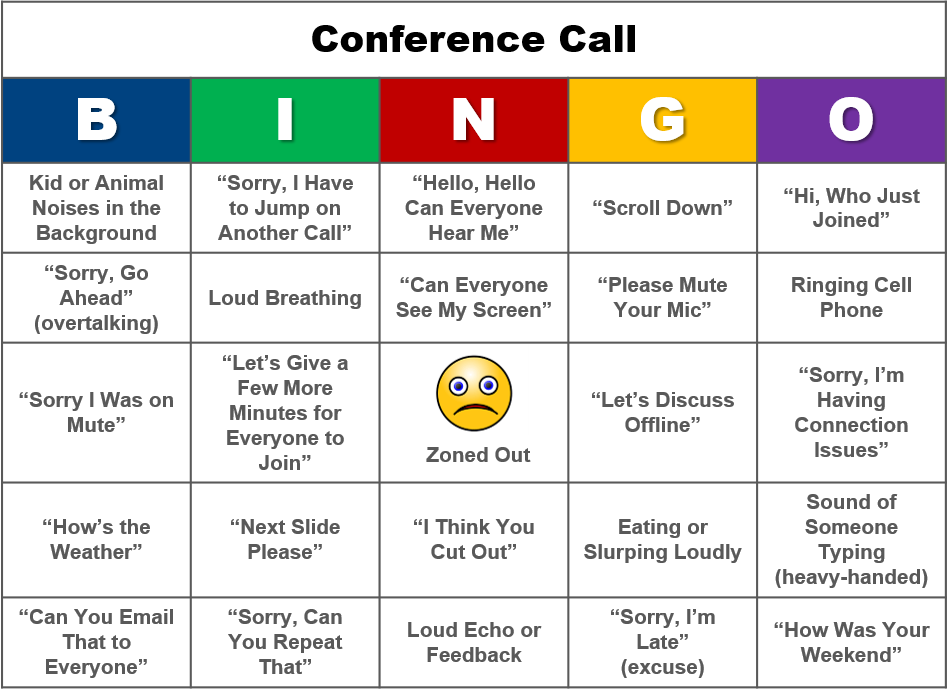Why do we tend to take greater responsibility for our successes than we do our failures?
Why do we overestimate our positive qualities and underestimate our negative ones?
Why do we cling on to messages like “you messed up” versus “I appreciate you”?
Why do we look for the negative even when good things are happening?
Why do we talk the talk but don’t walk the walk?
Why do we complain about the monotony of our lives yet choose no course for correction?
Why is it the more connected we are, the more isolated we feel?
What are some of your thought provoking Why’s?
Tag: self-awareness
Blind Spots
What do blind spots cost you?
From a driving perspective, it can cost you an accident and higher insurance rates.
From a leadership perspective, it can cost you a career and put your organization at risk.
Everyone has blind spots, no matter how self-aware we think we are. Think about it. When we ask others to describe us, it tends to lean more towards the positive (e.g., empathetic, resourceful, adaptable, etc.).
What do we often do with the unsolicited negative descriptions of us (e.g., arrogant, selfish, bossy, etc.)? We chalk it up to the messenger being out of their mind.
If different individuals use the same unfavorable words to describe you, there’s a high probability it is a blind spot.
We often view ourselves differently than others. Imagine my surprise after completing a 360 Assessment. Areas I wished to improve were ranked as strengths by others. Whereas, areas I felt more comfortable with revealed that some tweaking could be to my benefit.
Some leaders take for granted that being in business for a significant period, means they are doing everything right. When in reality, they are often one disruption away from closing their doors.
Blind spot leadership ultimately costs team performance, customers, and future growth.
Graph: Tech in Common
Conference Calls
Conference calls are inevitable in our globalized world. With more people working from home, virtual meetings are now taking place in every room of the house and sometimes outdoors. Between our pets, children, and other background noises, these calls have provided some unexpected entertainment. The next time you’re on one, see how many boxes you can check off. B-I-N-G-O!
Effective Management

Studies show that for every 0.1% improvement in effective management, productivity goes up by 10%. So, how can new managers lead their teams effectively?
1. People Skills. Emotionally intelligent leaders practice self-awareness and excel at relationship management. This enables them to build a foundation of trust, respect, and positive attitudes among their team.
2. Listen First, Talk Later. On average, it takes new managers 4 to 6 weeks to get acclimated to their new role. Focus outward – paying attention to the team and process before coming up with ideas and changes you’d like implemented.
3. Communicate. Take the lead with introductions during the first few days, speaking to each team member individually and then everyone as a group. Find out what they do, what processes they say work well, and what they’d like to see improved.
4. Delegate. Solve the people, not the problem. Working together to come up with a way forward allows the team to become self-directed and much more engaged in their work.
5. What to Avoid. Being a manager isn’t a popularity contest. New managers tend to lower their standards to make friends with the staff. Manage results and relationships for both short-term and long-term success – keeping respect at the forefront.
Adapted: Kenosha News


